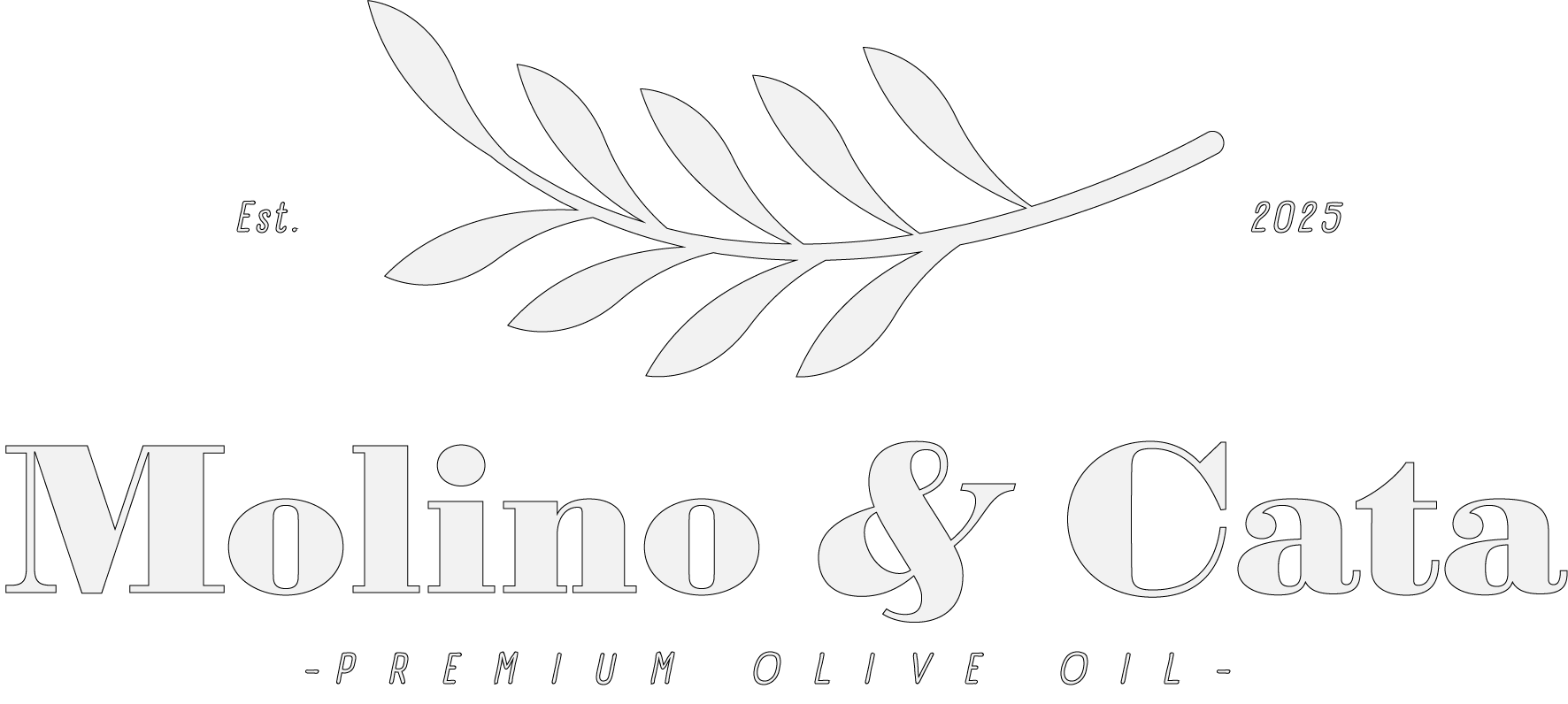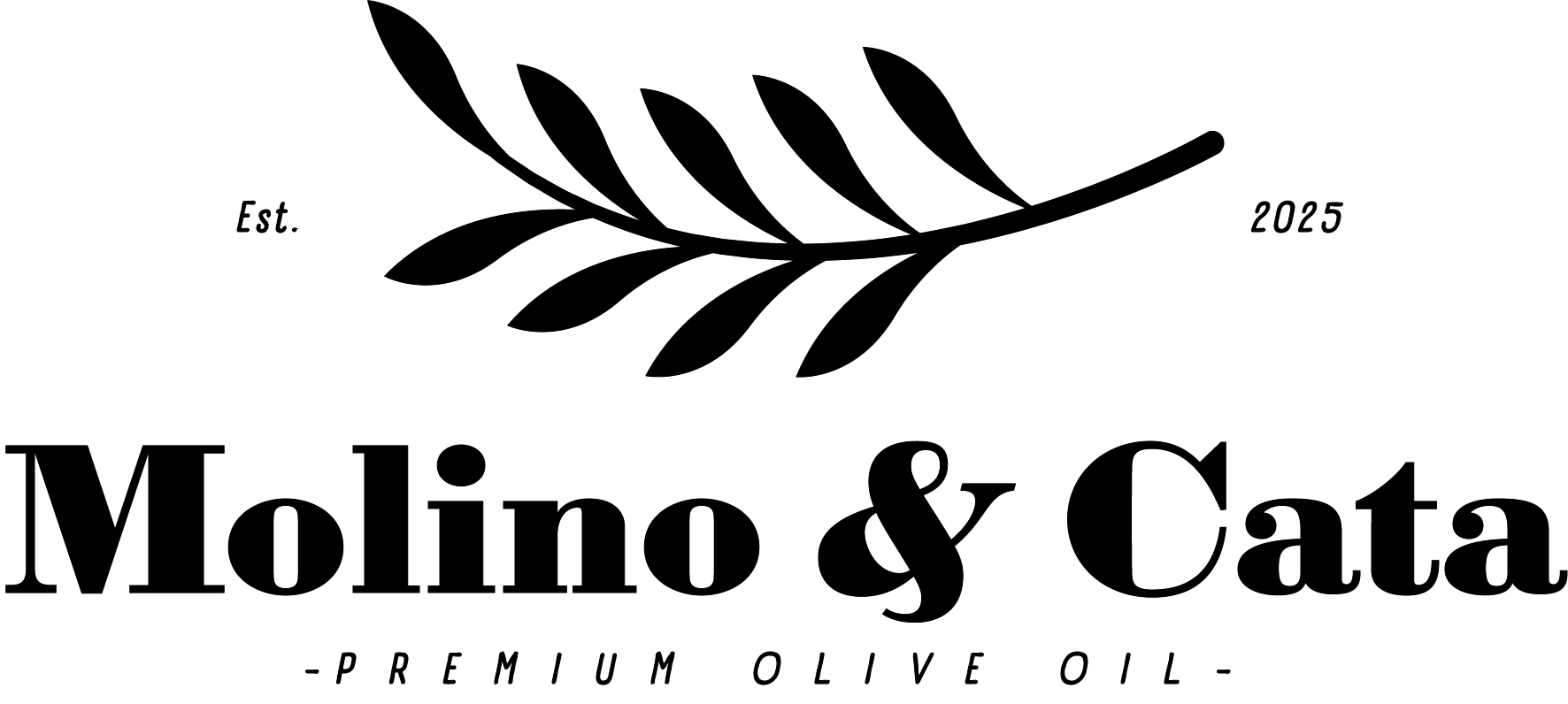Extra Virgin Olive Oil Producing Regions
Spain, the undisputed world leader in olive oil production, concentrates the majority of its olive oil production in the region of Andalusia, which accounts for approximately 80% of the national total. Several provinces stand out for their tradition, quality, and production volume, forming a rich and diverse olive-growing landscape.
Jaén is the leading olive oil-producing province, not only in Spain but worldwide. It accounts for nearly 37% of the national production and boasts more than half a million hectares of olive groves. Municipalities such as Martos, considered the "Cradle of the Olive Grove," and Villacarrillo, home to the largest olive cooperative in the world, are leaders in the sector.
Córdoba ranks second in production volume and is widely recognized for the quality of its olive oils. The Baena Designation of Origin certifies this excellence, positioning the province as a benchmark both within and outside our borders.
Seville also plays a prominent role in the olive oil industry. With a significant area of cultivation, it stands out especially thanks to the Estepa Designation of Origin, whose oils are highly prized for their balanced flavor and organoleptic qualities.
Granada makes a significant contribution, especially in regions such as the Western Granada region. The Montes de Granada Designation of Origin protects intense and aromatic oils that reflect the character of the land and the expertise of its producers.
Málaga, although with a more moderate production, is particularly important for native varieties such as Verdial de Vélez-Málaga. In recent years, it has experienced significant growth in exports, demonstrating the growing value of its oils in international markets.
Almería, with a more modest production within Andalusia, has shown positive growth in the sector. Production was estimated at 7,400 tons in the 2024-2025 season, affected by adverse weather conditions. However, its exports grew significantly, reaching €13 million. Companies such as Oro del Desierto have been key in positioning Almería's oil for its quality and unique personality.
Outside of Andalusia, Toledo stands out as an emerging province in olive oil production. In the most recent campaign, it surpassed 54,000 tons, reaching its highest level in the last six years. Its sustained growth makes it a key player in the sector nationwide.
Other provinces such as Ciudad Real, Tarragona, and Badajoz also contribute to the olive-growing landscape, offering high-quality oils that add value to the diverse profiles present in the Spanish market.
Overall, the geographic, climatic, and varietal diversity of the producing provinces consolidates Spain's position as the world's largest producer and exporter of olive oil. Its oils, imbued with identity and excellence, are ambassadors of our culture on five continents.

